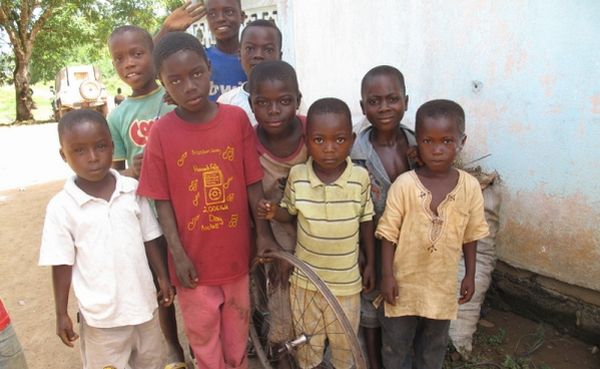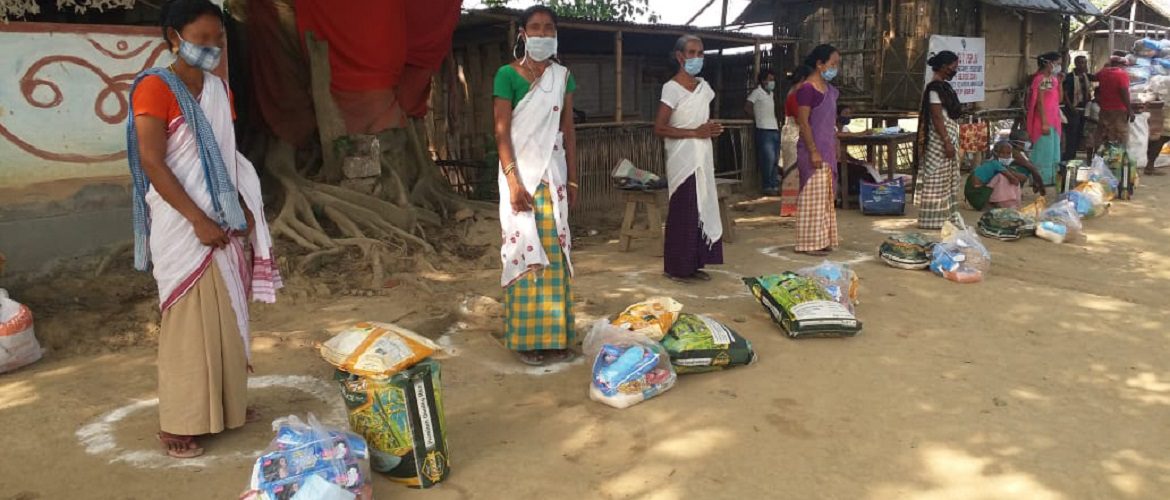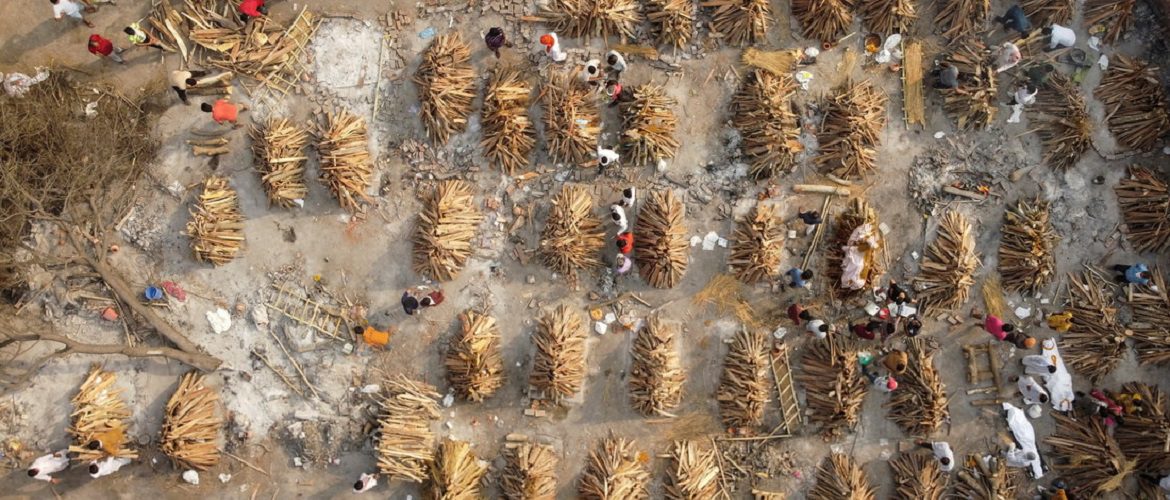Oxfam’s Charles Bambara hears the stories of people forced from their homes by the threat of violence in Ivory Coast.
Man is the main city in the mountainous region in north-west Ivory Coast, 200km from the Liberian border. Since the end of March, with violence and fighting increasing, many Ivoirians have left Abidjan (the economic capital) and other cities in the west for Man, which is quiet and peaceful. It’s difficult to know exact numbers of people who’ve recently arrived, as the majority are joining their families, or host families they knew before. We met one of these displaced families who arrived some three weeks ago. Here are their stories:
Touré Mamadou (65)
I am the chief of the family. I arrived here in Man three weeks ago with 83 people in my brother’s compound. The situation was unbearable in Abidjan. I know the situation is now difficult as there are now at least 100 people in this compound. But at least we are safe. We are members of the same large family. All kind of help is welcomed.
In the Wassakara area in Abidjan where I was living, almost every day militia groups were threatening us. And one day in front of my door, I was attacked and my money taken away. My next door neighbour was murdered, and I decided to move all my family back to my native city of Man.
Touré Alassane (40), taxi driver in Abidjan
I was driving my taxi one day when I was informed that my next door neighbour was assassinated by the incumbent president’s militia group. First I sent my wife to Man and, with the violence exacerbating, I decided to stop my activity and keep safe in Man. I know we have created a problem for our host family here but it is the same family, and their needs care for us. I would like this violence to end so I can restart my work as taxi driver.
Mrs Touré Kariatou (34), nurse
I didn’t want to leave my job, but everyday there were killings in our neighbourhood. Almost everyone from the area I used to live in has left Abidjan … We are happy to be safe here, but there are many constraints. There are not enough rooms for all of us, and some of our children just sleep roughly under a big balcony. And we lack enough supply of pure drinking water, and as a nurse I am frightened as children are already fragile.
Mrs Aïcha Keita (34) housewife with five children
I was living in the Niango area of Abidjan. Gbagbo’s young patriots were burning people alive and many others have disappeared. My husband decided that I should leave and come here in Man. But he is staying still in Abidjan… Over the last two days I couldn’t contact him. Sanitation is a serious issue here now, and as a mum of five kids, I am fear that my children will get ill soon.
Siaka Doumbia (43), insurance company employee
I was living in Duékoué for seven years but I couldn’t bear it anymore; my life was permanently threatened. We all know that the former president Laurent Gbagbo lost the election, but local population in Duékoué, the Guéré ethnic group, were militants of his party. And they used to have a lot of arms, and we were obliged to flee the city because we didn’t have arms at all to defend ourselves. The majority of foreigners left the city: Baoulé, Sénoufos, Dioula, Mossis, Yacoubas, all left the city. And they used to be the ones working in coffee and Coco plantations in the region. I personally saw much violence and many killings in the city, particularly at the beginning of January this year. The young Guérés have killed people, burnt houses and dispossessed inhabitants of their wealth. The departure of Gbagbo will definitely reconcile citizens in the countries. He was the source of all this hatred across the country. The duty of the elected president is to reconcile and launch a new beginning for the benefit of all citizens of this country.
Touadego Alphonse, deputy mayor of Zouan Hounien (50km from Liberian border)
We have here two IDP (internally displaced persons) centres; their number is estimated at 1,016 people. The main issues are: we don’t have enough water for everyone, sanitation is a problem, and we need tents because IDPs are now located in classrooms and we need to free these classrooms to restart school soon. More food is needed. Local people are trying to help, but this is still not enough. We recently received flour or maize but these people used to eat rice. Even clothes are an issue for some families. Families of IDPs lost everything.
Korsaga Moussa (28)
I arrived here a week ago… We were attacked in our villages and we ran to a safer city, Bloléquin. But fighting started there too, so we ran away once again for Pe… and some local NGOs helped drive us here to Zouan Hounien, which is now our safe haven. We lack food, cooking pots to prepare food, etc… Health is an issue for some people, and we’d like to see authorities help us recover our abandoned plantations.
Sawadogo Alima (21)
We need food and I only wish now to return home as soon as it is safe to do so.
Bassole Boubie (15)
It is because of the war that I was obliged to run away for my life, to keep safe. I lost track of my parents and they don’t know I am still alive. We were attacked because we are not from this country originally.



